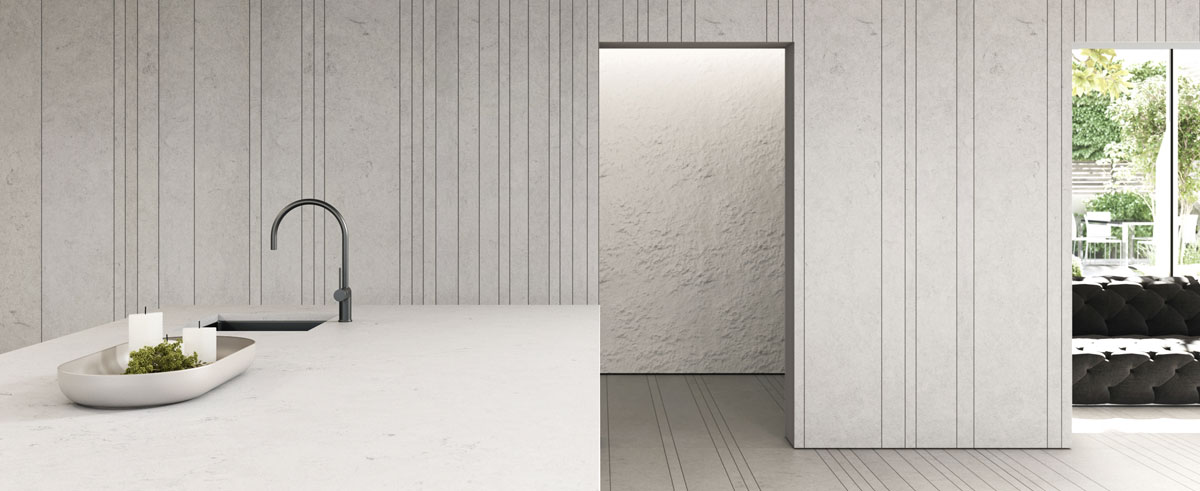CHARITY SUPPORT FOR ANTHONY LOCKLEY
Stoke-on-Trent based company Target Windows has pledged charity support for friend Anthony Lockley, who was diagnosed with Motor Neurone Disease (MND) at the end of 2021.
Target Windows is part of a group aiming to fundraise £1,500 to support Anthony and his family.
All of the funds raised will go towards meeting the costs of care and equipment for Anthony, including physiotherapy aids, equipment, and house adaptations. This support will be vital for the road ahead as the family learn to live with MND, with the hope of granting Anthony a better quality of life.
This incredible cause has already garnered much support with £1,210 raised by 34 supporters so far through a Just Giving Crowdfunding page. Now Target has launched its very own Just Giving Crowdfunding page to help boost this total for Anthony and his family.
MND is a condition that affects the brain and nerves, casing weakness over time. While there is no cure, treatments such as physiotherapy and medicines can reduce the impact the disease has on a person’s daily life, to help them live with the condition for years to come.
This is not the first time that Target Windows has dedicated time and money to raise funds for causes important to them. In August 2021, a team from Target completed the Three Peaks Challenge and raised £1,315 for Dogs Trust, a charity which is also close to their hearts.
Target Windows is a Staffordshire-based company, part of Stone and Stoke for almost 40 years, extending into Uttoxeter and beyond. This family-owned and run businesses is built on quality, trust, and hard work, and has grown from strength to strength over the last four decades. Target specialises in single-story extensions, window and door installation, build of orangeries and conservatories, and a range of home improvements services across Staffordshire.









